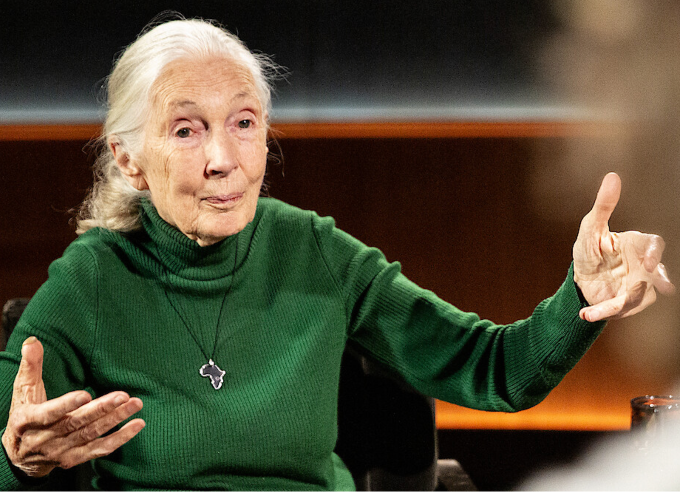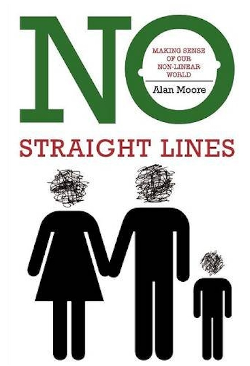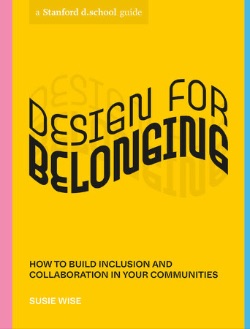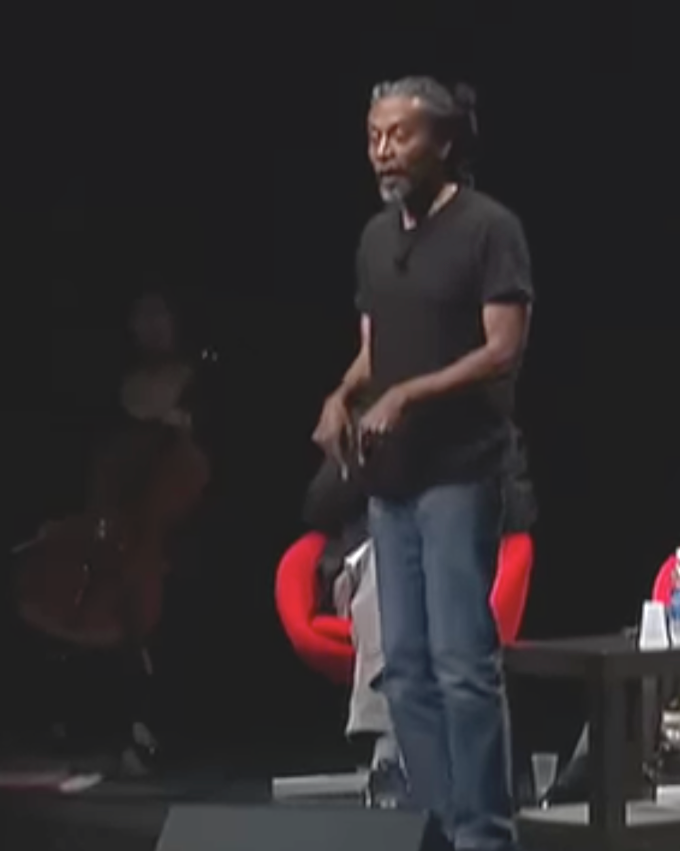October 10, 2025
Learning
"You have it in your power to make a difference. Don’t give up. There is a future for you. Do your best while you’re still on this beautiful Planet Earth."

Jane Goodall had long described hope as an active, moral choice—something you do, not just something you feel. For her, hope was not blind optimism but a form of responsibility, the force that keeps people working for change even when the odds seem impossible. She grounded it in evidence, drawing faith from nature’s capacity to heal, from human creativity, and from the determination of young people around the world. She often said that hope and action depend on each other: hope inspires action, and action deepens hope. Even in the face of environmental destruction, she refused despair, believing it to be a luxury the world could not afford.
On October 3, two days after her death, Netflix aired a special episode of Famous Last Words featuring her final interview. The conversation had been filmed in March of this year and left unedited. In it, Goodall looked back on her life and work, sharing her reflections on what mattered most to her and what she hoped for the future.
Not surprisingly, her message was one of hope and responsibility. She reminded people that everyone has a part to play in the world, even if it’s not immediately clear what that role is. Every life has meaning, she said, and every day offers a chance to make a difference. Small actions, when repeated by many people, can create powerful change—especially for the planet and the generations to come. Above all, she urged people not to lose hope, warning that inaction only leads to the continued loss of nature and biodiversity.
ARTICLE: In an Exclusive Interview Dr. Jane Goodall Leaves Behind Her Last Words




